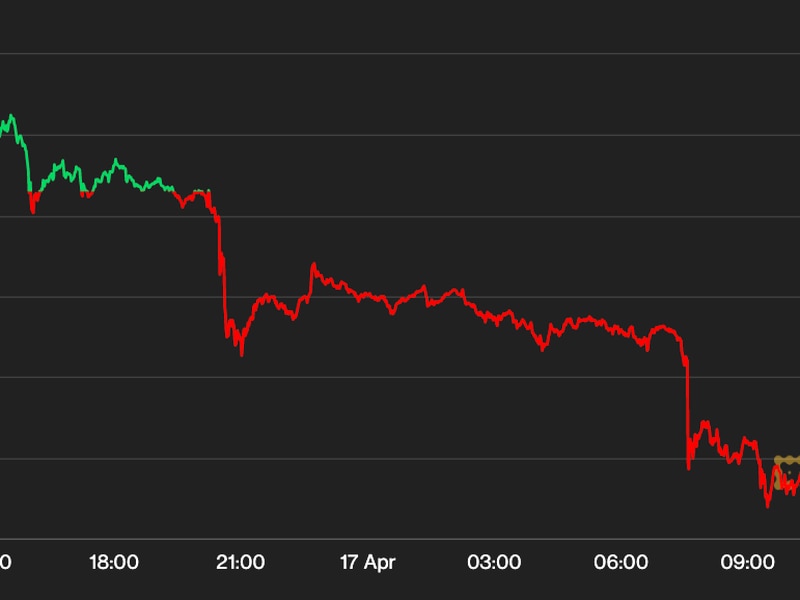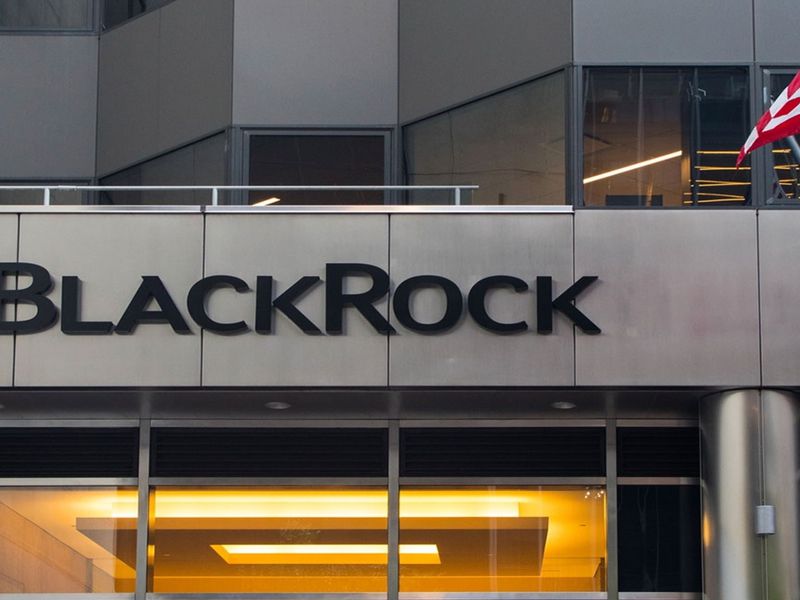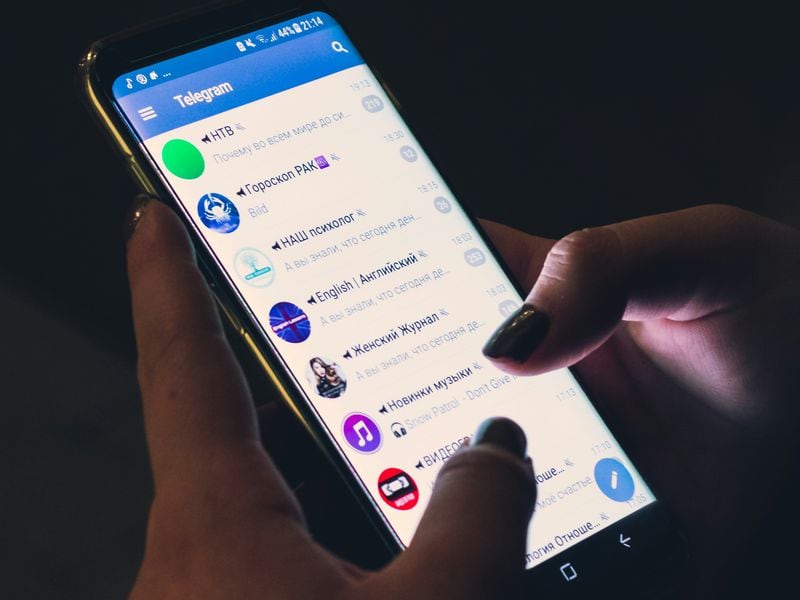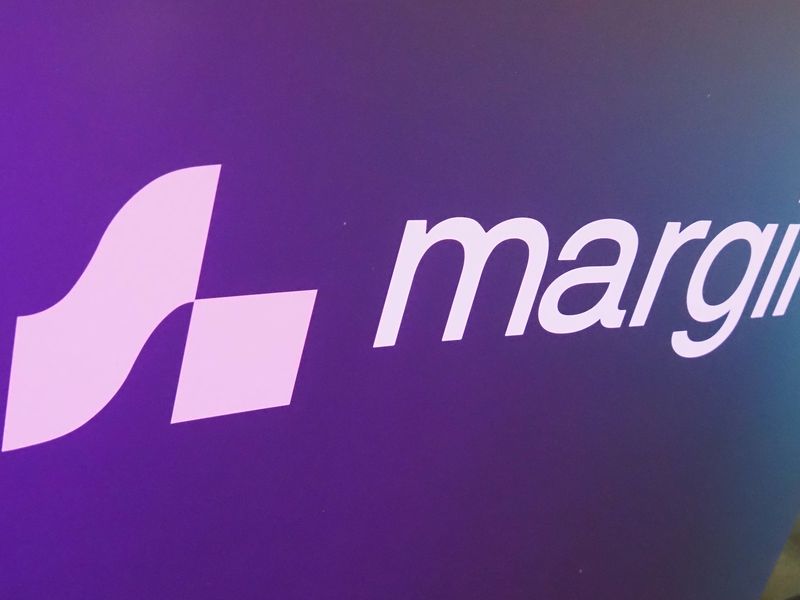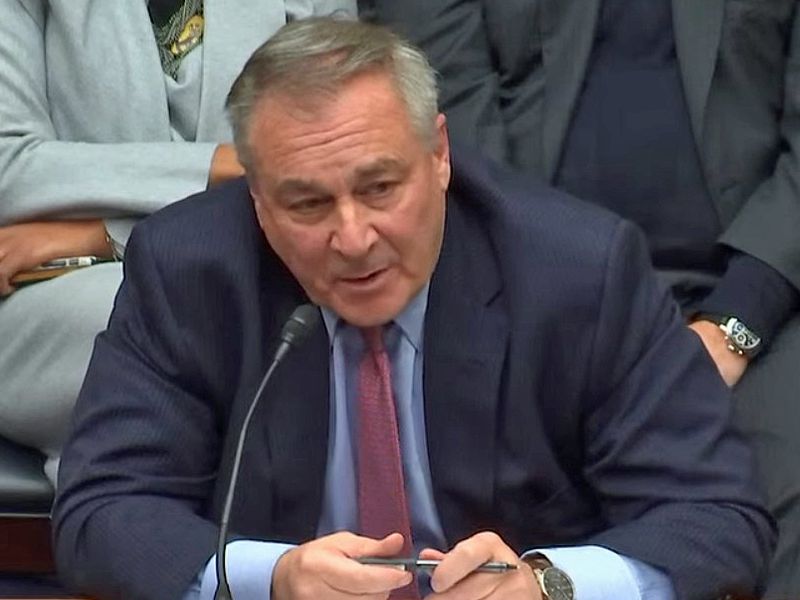Nevada Crypto ATM Operators Now Require Money Transmission License

Nevada’s regulatory stance on cryptocurrency kiosks has shifted, now requiring a state money transmission license.
Speaking with CoinDesk, BitAML Senior Advisor Annelise Strader said Nevada abruptly and without announcement changed its regulatory stance on cryptocurrency kiosks.
Following the last legislation session closing in May without passing a proposed cryptocurrency bill, Strader says the state’s regulatory team changed its interpretation of what constituted a money transmitter within the state. Kiosks must be licensed by the state and will require a surety bond requirement.
Priced at $5,000 per kiosk, surety bonds are paid to the state as an insurance mechanism for customers against business failure.
Strader first spoke with the state regulator on behalf of a BitAML customer caught in the red tape. Months followed before an answer was given, Strader said.
Following up with the Nevada Division of Financial Institutions, state regulator Julie Hanivold said they were waiting on the cryptocurrency regulation bill to pass before taking action. The regulator began reviewing the matter one year ago. With the bill failing to pass, the regulator self-determined to reinterpret current statutes concerning state money transmissions.
Under the new interpretation, any transfer of value–money, credit, virtual currency, or other–falls under the license. Businesses and proprietors must apply and complete a checklist to obtain a license. Included in the list is a surety bond requirement of $10,00 upfront plus $5,000 for each location. Bond requirements max out at $250,000.
Hanivold said all requirements are publicly posted on the state’s website but they have no future plans of issuing a press release on the matter. The regulator does plan on calling back a dozen or so businesses that have inquired over the past year.
Paraphrasing her conversation with Hanivold and confirmed by CoinDesk, Hanivold said: “We’re not going to go hunting and penalizing any kiosks, but six months down the road if any action hasn’t been taken, [we will begin notifying owners.]”
Image via CoinDesk archives


